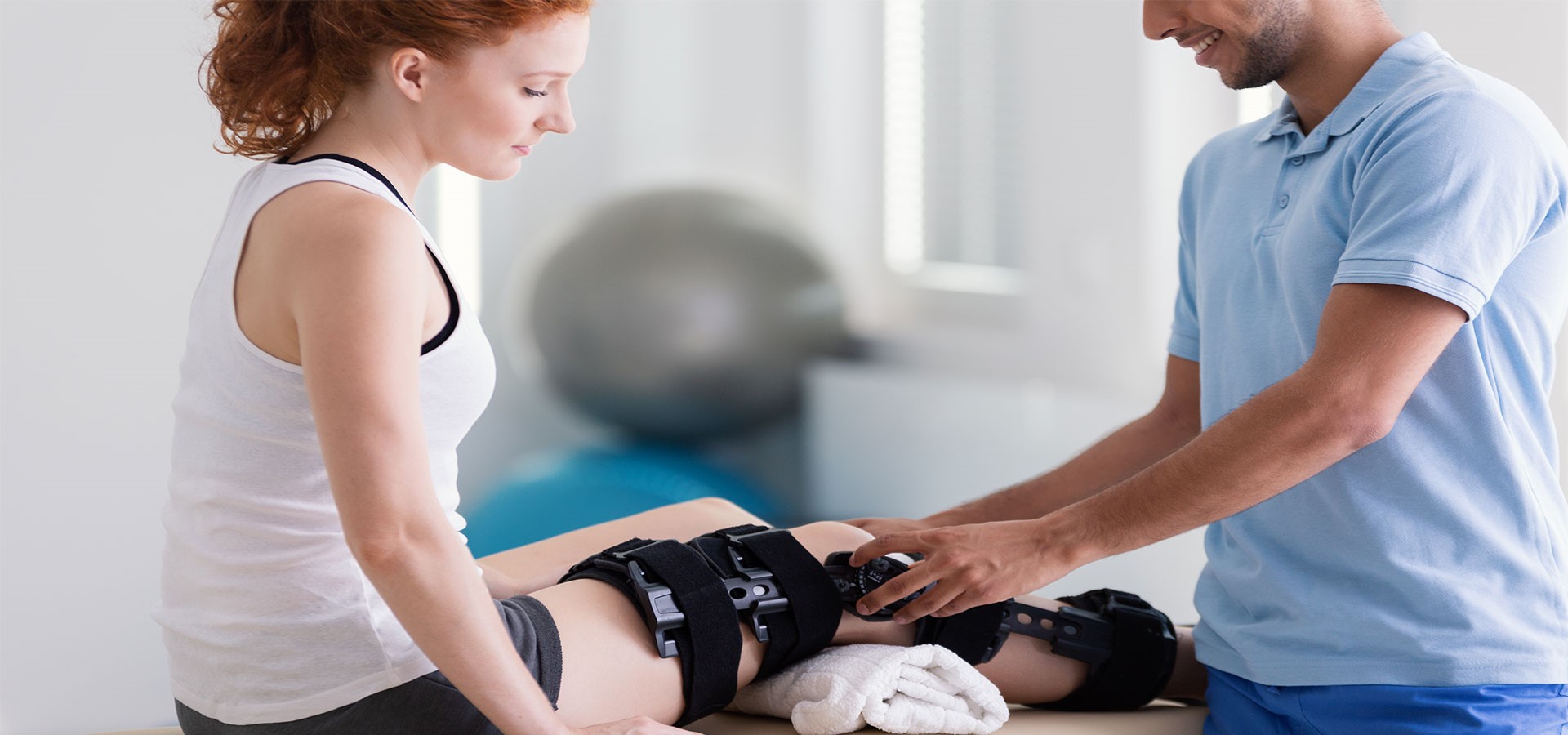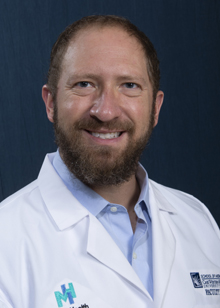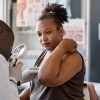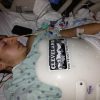A recent study has found that delaying surgery for young athletes with anterior cruciate ligament (ACL) tears does more harm than good.
MetroHealth attending pediatric orthopaedic surgeon R. Justin Mistovich, MD, led a study collaborating with University Hospitals Rainbow Babies & Children’s Hospital, Hospital for Special Surgery (New York, N.Y.) and Geisinger Medical Center (Danville, Pa.).
The study evaluated 546 cases of ACL tears and whether each patient developed further complications (a medial meniscus tear) after the initial ACL injury. They found that the longer a reconstructive surgery is delayed, the higher the risk of additional injury.
Each week that surgery was delayed, there was a 2% increased risk of a medial meniscal tear, compounding to a 22.8% increased risk over 10 weeks. The risk is even higher for obese male patients, who had a 77.9% increased risk of medial meniscal tear for each 10-week delay in surgery.
The bottom line: don’t delay surgery for ACL tears, Dr. Mistovich said.
“Historically, we did not have the specialized surgical approaches like we can now perform, allowing us to safely operate on young athletes while preserving the growth plates,” Dr. Mistovich said. “As a result, surgery often was delayed until patients were older. While our techniques have advanced, there still are times when athletes consider attempting to finish their season, brace the knee, and delay surgery. This study provides compelling data on the risks and downsides of that approach.”
Dr. Mistovich also says the study highlights the importance a timely diagnosis
“The sooner we can get kids access to care, pre-operative counseling, and surgical pre-rehabilitation, the better their long-term outcomes will be,” he says.
What is the ACL?
The ACL is a critical structure inside the knee joint that stabilizes the knee against forward and rotational motion. It’s important for movements like cutting, pivoting and twisting.
How Do You Know if You’ve Injured Your ACL?
ACL injuries are more common in people who participate in sports that require pivoting, such as soccer, basketball, football and skiing.
“When a person tears their ACL, it’s usually a significant injury. They typically feel a pop, severe pain and their knee almost immediately swells up like a water balloon,” Dr. Mistovich said. “You need to see a sports medicine expert as soon as possible.”
Specialized physical examination tests and an MRI can confirm the diagnosis. Patients with ACL tears will be fitted with a knee brace, given crutches and go to physical therapy prior to surgery to help get their knee in optimal condition. MetroHealth’s pediatric orthopaedic team can see a patient the same week of an injury.
“We now know that the sooner we can start your pre-surgery rehabilitation and care, the better the long-term outcomes will be,” he said.
How is an ACL Tear Fixed?
ACL reconstruction, rebuilding the ACL using another tendon from the patient, is the standard surgery. However, Dr. Mistovich said, the surgical decision making in young athletes is complex, with about a half-dozen different techniques that can be used depending on the patient age, growth remaining, and bone size. A pediatric orthopaedic sports medicine surgeon can determine the optimal technique for each patient. The surgery is outpatient, and patients can safely return to sport usually about 9 months after surgery.
While historically not possible due to inability of the ACL to heal, a new technique allows ACL repair. This technique, called Bridge Enhanced ACL Repair (BEAR), and developed by surgeons at Boston Children’s, creates a bio scaffold with healing factors in the knee that surrounds the torn ACL and allows it to heal. Dr. Mistovich is one of the first surgeons in Northeast Ohio to offer the BEAR procedure in select pediatric patients. Ask if it is right for your child.
What Happens After Surgery?
Working with physical therapy and athletic trainers on a structured rehabilitation program is essential to restore normal knee function after surgery. Therapy will help a patient get off of crutches, out of a knee brace, return to jogging, sport-specific drills and ultimately back to competitive sports over about nine months.
Why Choose MetroHealth?
Pediatric and adolescent ACL tears are complex with no one-size-fits-all surgical approach. It’s important to see a provider that understands how to get your child back to the activities they love. MetroHealth’s Rehabilitation Institute is ranked #1 in Ohio for the care of the most complex injuries.
“When you see our team for a sports injury, you’re not just seeing one of us,” Dr. Mistovich said. “For young athletes who have complex injuries, my colleagues at great institutions around the country and I all collaborate and share these cases, so we can all weigh in on them with a national team-based approach.”
He added, “Similarly, at MetroHealth, we have a collaborative team of surgeons, physical medicine and rehabilitation doctors, physician assistants, physical therapists and athletic trainers all dedicated to supporting your child as they recover and get back in the game.”
To Make An Appointment
You don’t need to be an established MetroHealth patient to request a consultation with Pediatric Orthopaedic Surgery. Call 216-778-4393. Patients are seen at MetroHealth’s Main Campus or the Cleveland Heights Medical Center.












